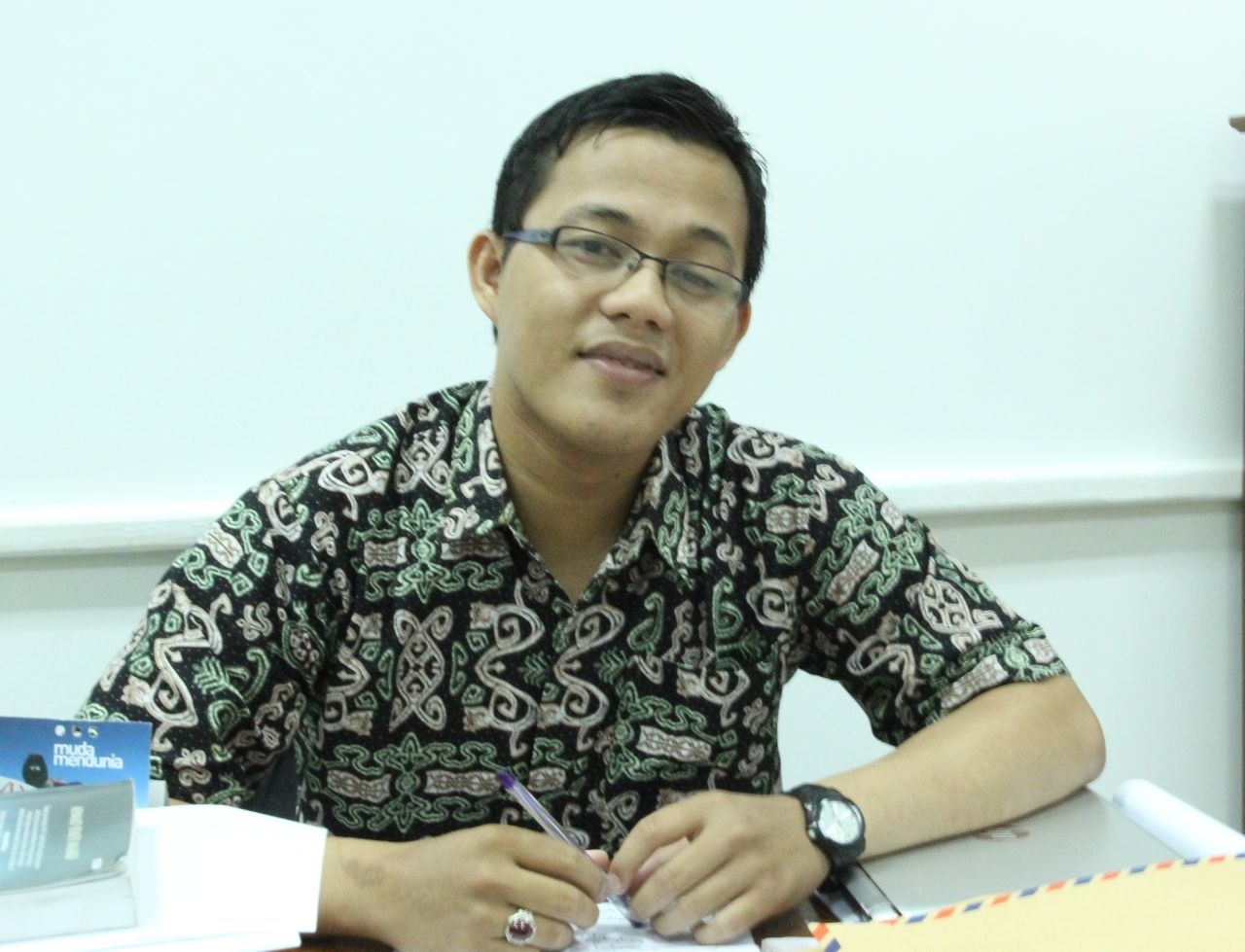An issue of Islamic site blockage by Ministry of Communication and Information (Keminfo) elicited public and academician attention. The government was deemed to make unilateral decision and tend to be arbitrary that might lead to other problems. Noticed from academic perspectives, the government’s policy was assumed as solving a problem by the other problem.
One of the International Relations lecturers of Universitas Muhammadiyah Yogyakarta (UMY) Muhammad Rofiq, Lc., M.A. stated that, if the government did so, it would provoke new other problems. He argued that by blocking the Islamic sites some of civil society (non-government) would have negative assumption to the government. “Government is supposed to take persuasive action and did not employ an approach such as blockage or military. It would not resolve the problem, yet it would cause other problems. For one reason, it would bear negative perceptions to the government as attempting to muzzle democracy,” he declared during being interviewed on Thursday (2/4) at UMY.
According to the HI’s lecturer, who also lectures Islamic Studies (AIK) of UMY, freedom of speech (freedom of expression and opinion) is protected by law. The government and all elements of civil society such as associations and Islamic organizations determined to extend to which they limited if a case might threaten ideology of this state. “Before the government blocked the sites, they ought to possess criteria. For instance, they defined how and what sites endanger the ideology of this country, Pancasila, as well as the Unitary State of the Indonesian Republic (NKRI), or proclaim another ideology in this country,” he elucidated.
Moreover, Rofiq regarded that the government might not act arbitrarily owing to a report that some Islamic sites referred to ISIS, then they generalized that all Islamic sites were radicalism and must be blocked. “However, the government should have and be willing to accept recommendation from Islamic organizations. Government and Islamic organizations ought to discuss and make an agreement of what and how the criteria of a site are categorized as radicalism and might risk this state and Muslims. They might not be arbitrary,” he told.
On the other hand, the alumnus of Al-Azhar University, Egypt, admitted that there were some sites which reports radicalism as ISIS. Nevertheless, not all Islamic sites supported their belief since a lot of other Islamic sites were against ISIS and another radicalism. “In fact, sites reporting radicalism should be the foremost priority of the government to concern with. Due to Islamic sites having different interpretation from the government, all Islamic sites are considered similar and generalized as radicalism. They have nothing to do with that, indeed,” he asserted.
Therefore, Rofiq advised that all editors of Islamic sites would not be irritated at responding and confronting the blockage issue. In fact, there were two aspects for the site editors to do better. “First, it could be introspection for blocked Islamic sites. What reports on the sites might be true, but it possibly has shortages as less kindness or others. Second, if they are eager to refuse the blockage, they have to do it democratically. For instance, they send a caveat of the blockage or employ other ways democratically,” he uttered.







